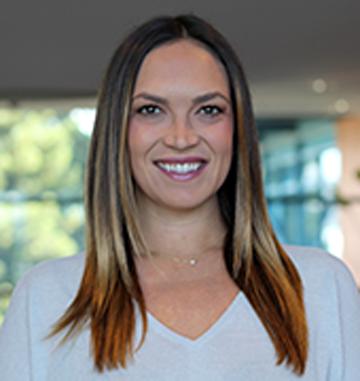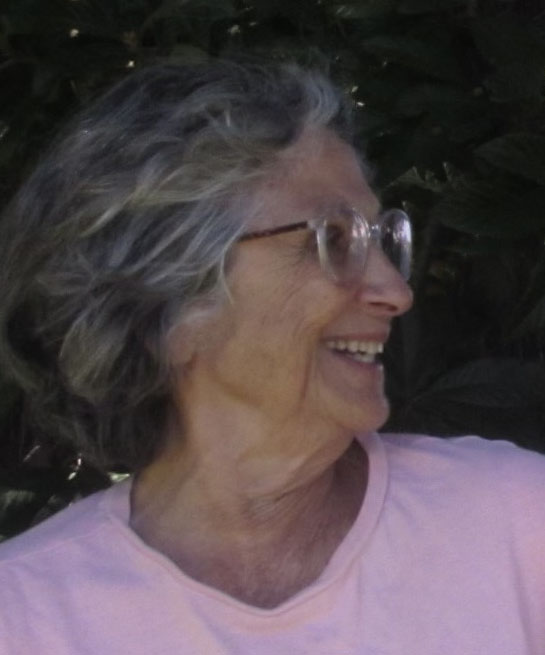
Esalen's First Yoga Teacher — Teaching yoga since 1968
Health At Every Size
Do you need to be thin to be healthy?
|
BY SARAH MINKOW, MS, RDN |

|
You may not need to lose any weight.
As a dietitian, I get a lot of questions about weight loss. I encourage anyone struggling with their weight to read about a book called Health at Every Size by Linda Bacon. The book, which is inspiring a movement among professional nutritionists and dieters of all sizes, suggests that people can be healthy and fit without being thin.
The idea behind the Health at Every Size (HAES) movement is that behaviors (eating and exercise) are far better indicators of health than one's weight. The data show that there are a high percentage of people in the "overweight" or even "obese" category according to Body Mass Index (BMI) that are 100% metabolically healthy, and at the same time, there are a significant percentage of "normal" weight people who are unhealthy with diseases like diabetes or high cholesterol. Also, people in the overweight category actually live the longest. Maybe BMI has gotten it wrong all these years?
The HAES philosophy is that if people are eating a healthy diet and exercising regularly (see below for diet and exercise recommendations), then they are doing everything they can! They are healthy. They don't need to lose weight. You could also look at lab values (glucose, cholesterol, triglycerides, blood pressure) and other factors like energy level, digestive health, and mood stability to confirm this.
Of course, health is not the only (or even main) reason people worry about weight. But it should be.
The HAES philosophy urges people to accept their body for how it is. Our body shape and size is largely out of our control. Research with identical twin studies shows that obesity is 80% determined by genes.
Diets do not work. Even if they provide some weight loss in the short term, diets are usually too regimented and restrictive to be sustainable, so people quit. They end up going back to their old eating habits and gaining the weight black, plus some extra pounds, since their metabolism adjusts to the low calorie intake they had on the diet. It is suspected that the leading cause of weight gain in this country is dieting. So, ditch the diet mentality (and you don't need to do a cleanse either—that is what your liver and kidney are for).
I am giving a talk on this topic to UHS physicians in January. This movement is revolutionizing how we diagnose and treat patients. The goal is to move away from looking at the patient as a bunch of numbers on a chart, and instead assessing and treating them holistically, and without making assumptions on their health based on their weight. There is a lot of weight stigma in the medical field (and in general) that causes overweight/obese people to avoid seeking treatment or to receive incorrect advice.
And I have experienced the benefits of this holistic model first hand. Numerous patients have come in to my office, explaining they have always struggled with their weight, have been told by practitioners they are overweight and need to lose weight, but they eat healthy and exercise. They are usually super frustrated at not seeing results despite their efforts and are about to give up. When I tell them they don't need to lose weight and explain the HAES theory, it is like a weight (ha ha) is lifted off their shoulders. They may start crying and say something along the lines of "I knew it!" Once this burden of "needing" to lose weight is removed, they are usually happier and healthier.
Surprisingly, a lot of times when people stop worrying about weight and focus on their behaviors instead, their health improves (regardless of weight loss). It is hypothesized that the stress of worrying about one's weight actually causes people to hold on to excess fat, possibly through the work of hormones, and possibly because people restrict their eating so much in fear of weight gain that it leads them to binge. Also, when someone's behaviors are guided by intrinsic motivation, rather than external forces (like a doctor telling them they need to lose weight), they are more likely to succeed.
There is a hypothesis that our obsession with health and nutrition, also known as orthorexia, is actually causing us to be less healthy. We know that the repeated stress response with cortisol is damaging to our body. And the more we become the "food police" worrying about every single thing we put in our mouths, the more stressed we become. There is a movement called "mindful eating" or "intuitive eating" that suggests that the best way people can eat for health is by listening to their gut (pun intended) to guide their food choices. This way of eating—ditching the diet mentality—has actually been shown to decrease cortisol levels and improve blood sugar and lipid levels.
So what should I eat?
(Adapted from Linda Bacon and Michael Pollan) Enjoy a variety of food. Mainly plants. Not too much. Most of the time.
Can you elaborate a little?
- You will be more satisfied by choosing foods that you enjoy. Eat foods that help you feel good.
- Eating a variety of food ensures you get the range of nutrients your body needs. Aim for foods with vibrant colors and strong aromas, as these often parallel nutrient density.
- Plant foods (fruits, vegetables, legumes, whole grains, nuts, seeds) are densely packed with nutrients; they should be the focus of your eating plan. Think of meat and dairy as a side dish.
- Listen to your body to know when and how much food to eat. Take smaller portions—you can always get more later. Eat slowly, without distraction (put down your phone). Check in with yourself mid-meal, and stop eating when you are satisfied, before you are full. Distinguish between physical and emotional hunger. Emotional eating happens in response stress/sadness/loneliness/boredom, etc., not physical hunger. Find enjoyable and relaxing activities you can do instead of emotional eating. Some ideas: walking around the block, playing with your dog, painting, meditating, doing crossword puzzles, dancing around your living room to your favorite song, taking a bubble bath, or doing yoga.
- Choose nutrient-dense foods over processed alternatives most of the time. Not all your choices need to be nutrient-dense, however. Think big picture—pay attention to your overall dietary pattern instead of individual foods. There are no good or bad foods. You are not good or bad based on what you eat. Remove the judgement and black and white thinking around food. Moderation of processed food, not avoidance, is key. "There's plenty of room for Twinkies in the context of an overall nutritious diet." – Linda Bacon
And what about exercise?
The body is meant to move. One of the best things we can do for our health is to get some form of physical activity every day. No need to kill yourself at the gym or by doing CrossFit. Exercise should be enjoyable and part of your daily life—not "work" or something you do to "burn off" that pastry you just ate. Structure your life so that activity is naturally built in: park your car in the farthest away spot, take the stairs instead of the elevator, schedule play time with kids/grandkids/pets, garden, or go for a walk on your lunchbreak.You are the expert of your body—only you know best how to take care of yourself. Trust that your body will tell you what it needs. You just need to listen.
See also:

Lazy Compost |

Esalen Archives 1960s Photos |

The Invasiveness of Native Plant People |

Pam Walatka |